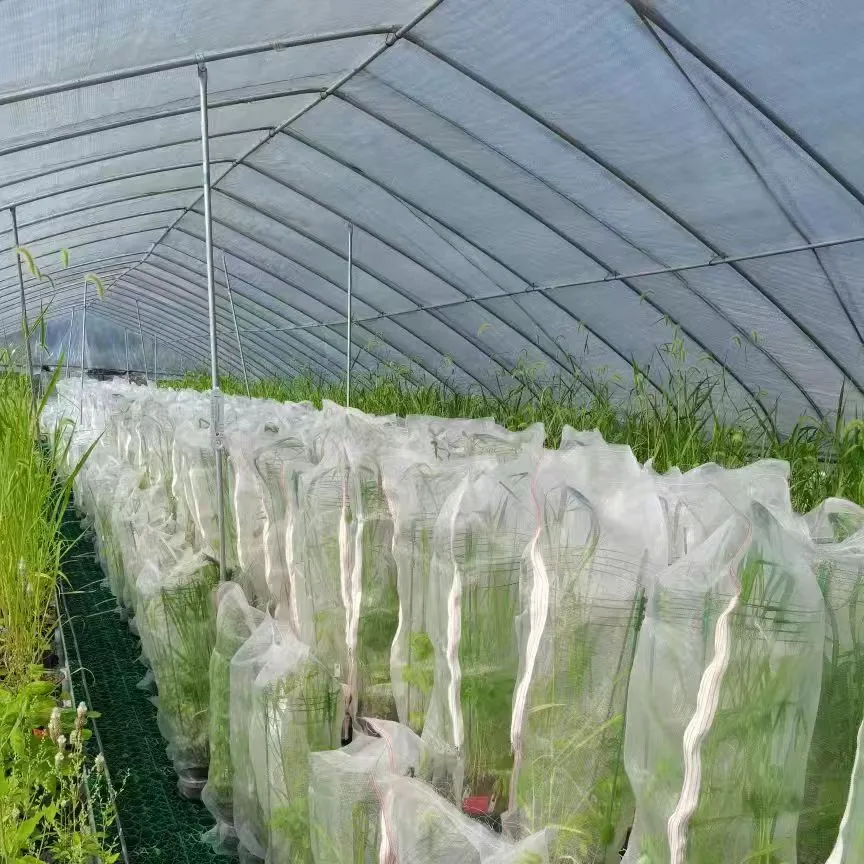-
 Afrikaans
Afrikaans -
 Albanian
Albanian -
 Amharic
Amharic -
 Arabic
Arabic -
 Armenian
Armenian -
 Azerbaijani
Azerbaijani -
 Basque
Basque -
 Belarusian
Belarusian -
 Bengali
Bengali -
 Bosnian
Bosnian -
 Bulgarian
Bulgarian -
 Catalan
Catalan -
 Cebuano
Cebuano -
 China
China -
 Corsican
Corsican -
 Croatian
Croatian -
 Czech
Czech -
 Danish
Danish -
 Dutch
Dutch -
 English
English -
 Esperanto
Esperanto -
 Estonian
Estonian -
 Finnish
Finnish -
 French
French -
 Frisian
Frisian -
 Galician
Galician -
 Georgian
Georgian -
 German
German -
 Greek
Greek -
 Gujarati
Gujarati -
 Haitian Creole
Haitian Creole -
 hausa
hausa -
 hawaiian
hawaiian -
 Hebrew
Hebrew -
 Hindi
Hindi -
 Miao
Miao -
 Hungarian
Hungarian -
 Icelandic
Icelandic -
 igbo
igbo -
 Indonesian
Indonesian -
 irish
irish -
 Italian
Italian -
 Japanese
Japanese -
 Javanese
Javanese -
 Kannada
Kannada -
 kazakh
kazakh -
 Khmer
Khmer -
 Rwandese
Rwandese -
 Korean
Korean -
 Kurdish
Kurdish -
 Kyrgyz
Kyrgyz -
 Lao
Lao -
 Latin
Latin -
 Latvian
Latvian -
 Lithuanian
Lithuanian -
 Luxembourgish
Luxembourgish -
 Macedonian
Macedonian -
 Malgashi
Malgashi -
 Malay
Malay -
 Malayalam
Malayalam -
 Maltese
Maltese -
 Maori
Maori -
 Marathi
Marathi -
 Mongolian
Mongolian -
 Myanmar
Myanmar -
 Nepali
Nepali -
 Norwegian
Norwegian -
 Norwegian
Norwegian -
 Occitan
Occitan -
 Pashto
Pashto -
 Persian
Persian -
 Polish
Polish -
 Portuguese
Portuguese -
 Punjabi
Punjabi -
 Romanian
Romanian -
 Russian
Russian -
 Samoan
Samoan -
 Scottish Gaelic
Scottish Gaelic -
 Serbian
Serbian -
 Sesotho
Sesotho -
 Shona
Shona -
 Sindhi
Sindhi -
 Sinhala
Sinhala -
 Slovak
Slovak -
 Slovenian
Slovenian -
 Somali
Somali -
 Spanish
Spanish -
 Sundanese
Sundanese -
 Swahili
Swahili -
 Swedish
Swedish -
 Tagalog
Tagalog -
 Tajik
Tajik -
 Tamil
Tamil -
 Tatar
Tatar -
 Telugu
Telugu -
 Thai
Thai -
 Turkish
Turkish -
 Turkmen
Turkmen -
 Ukrainian
Ukrainian -
 Urdu
Urdu -
 Uighur
Uighur -
 Uzbek
Uzbek -
 Vietnamese
Vietnamese -
 Welsh
Welsh -
 Bantu
Bantu -
 Yiddish
Yiddish -
 Yoruba
Yoruba -
 Zulu
Zulu
welding fence wire
Welding Fence Wire A Durable Solution for Security and Aesthetics
In today's world, ensuring the security of residential and commercial properties has become a paramount concern for many. One effective way to enhance safety and privacy is through the use of welding fence wire. This versatile material not only provides a strong barrier but also contributes to the overall aesthetics of the property. In this article, we will explore the benefits of welding fence wire, its applications, and some tips for installation and maintenance.
Welding fence wire is primarily made from high-quality steel, which is then welded to create a robust and durable fencing solution. One of the most significant advantages of using welded wire fencing is its strength. Unlike other types of fencing materials, welded wire is corrosion-resistant and designed to withstand harsh weather conditions. This resilience ensures that the fence will maintain its integrity over time, making it a wise investment for property owners.
Another notable feature of welding fence wire is its versatility. This type of fencing can be used in various applications, from enclosing residential backyards and gardens to securing commercial properties and agricultural fields. The mesh design not only provides visibility but also allows for airflow, making it an excellent choice for areas where light is essential, such as garden plots or livestock enclosures. Additionally, welding fence wire can be customized in various heights and designs to suit specific needs and preferences.
In terms of aesthetics, welding fence wire offers a modern and discreet look that can blend seamlessly with surrounding landscapes. It can be painted or coated in different colors to match the property’s design. This flexibility allows property owners to maintain their home's visual appeal while ensuring security. Moreover, because the wire is welded rather than woven, it has a cleaner and more organized appearance compared to traditional fencing options.
welding fence wire

When considering the installation of welding fence wire, several factors must be taken into account. First, proper planning is essential. This involves determining the intended purpose of the fence, the height required, and the materials needed for the installation. Property owners should also check local regulations regarding fencing, as there may be restrictions on height or type.
Once the planning is complete, the installation process begins. Proper fencing posts are crucial, as they will support the welded wire and ensure its stability. Typically, the posts should be made from a sturdy material such as wood or metal, installed deep enough into the ground to withstand various conditions. The welded wire panels can then be affixed to the posts using brackets or ties, ensuring that they are tight and secure.
Maintenance of welding fence wire is relatively straightforward. Regular checks should be conducted to identify any signs of damage or wear, such as rust or loose connections. If rust is detected, it can be treated with a rust-inhibiting primer and paint to extend the fence's life. Additionally, vegetation should be kept away from the fence to prevent unwanted growth that may compromise its structure.
In conclusion, welding fence wire is an excellent choice for anyone looking to enhance their property’s security without sacrificing aesthetics. Its strength, versatility, and contemporary appearance make it suitable for various applications, while its straightforward installation and maintenance needs add to its appeal. By investing in welding fence wire, property owners can enjoy peace of mind, knowing they have taken a significant step towards safeguarding their environment.
-
Shipping Plastic Bags for Every NeedNewsJul.24,2025
-
Safety Netting: Your Shield in ConstructionNewsJul.24,2025
-
Plastic Mesh Netting for Everyday UseNewsJul.24,2025
-
Nylon Netting for Every UseNewsJul.24,2025
-
Mesh Breeder Box for Fish TanksNewsJul.24,2025
-
Expanded Steel Mesh Offers Durable VersatilityNewsJul.24,2025











